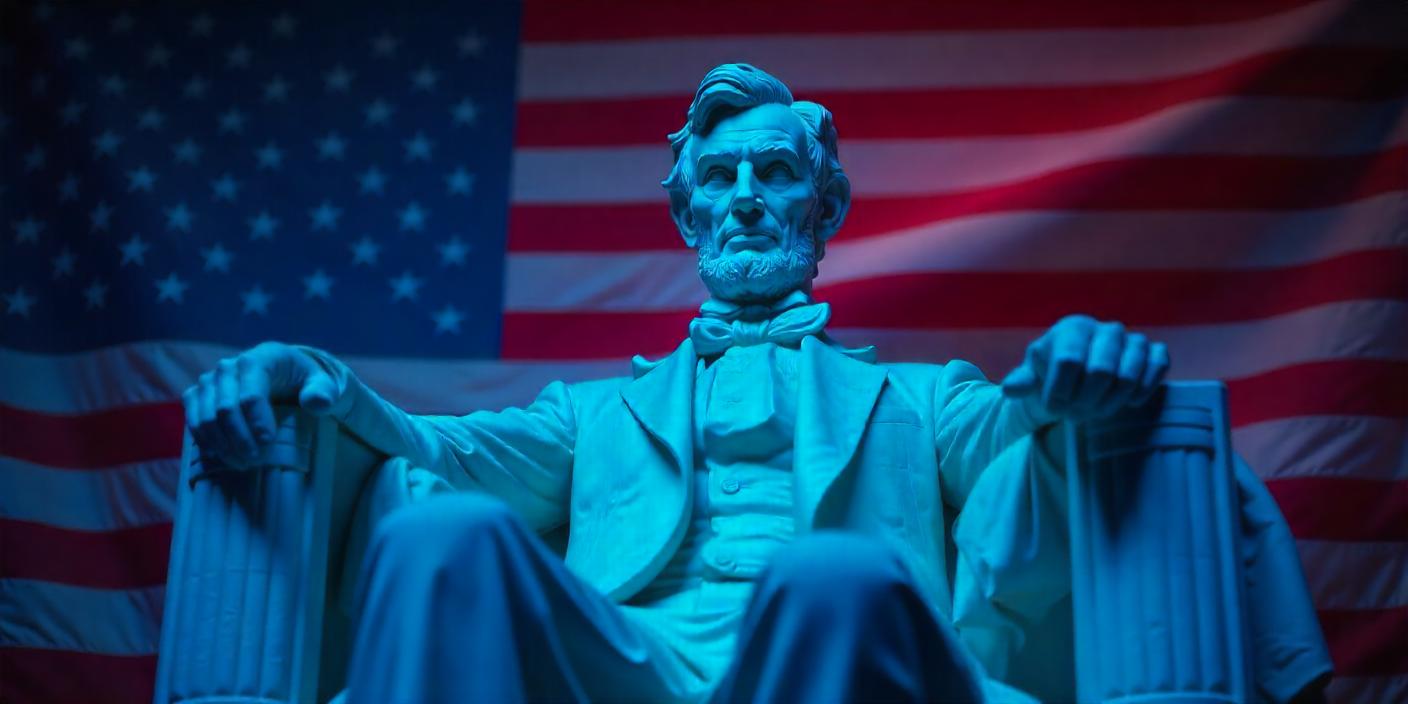book review special : lincoln's melancholy
How Depression Challenged a President and Fueled His Greatness
Book Review: Lincoln's Melancholy: How Depression Challenged a President and Fueled His Greatness by Joshua Wolf Shenk
Joshua Wolf Shenk’s Lincoln's Melancholy offers a compelling and deeply researched exploration of how Abraham Lincoln’s struggles with depression shaped his life and leadership. Rather than portraying Lincoln’s melancholy as a personal weakness, Shenk argues that it was an integral part of his greatness, endowing him with the resilience, empathy, and philosophical depth that defined his presidency.
At the heart of the book is an inquiry into Lincoln’s mental health. Shenk meticulously examines historical records, personal letters, and eyewitness accounts to build a portrait of a man who lived with chronic depression, known in his time as “melancholy.” Unlike traditional biographies that focus on Lincoln’s external achievements, this book delves into his internal struggles—his bouts of despair, suicidal thoughts, and moments of overwhelming sadness. Yet, rather than being paralyzed by these afflictions, Lincoln channeled his suffering into a profound understanding of human nature and moral responsibility.
One of the book’s key strengths is Shenk’s ability to connect Lincoln’s mental state with his political philosophy. Lincoln’s intimate acquaintance with suffering, Shenk argues, helped him develop a stoic resolve and a deep sense of purpose. The author illustrates how Lincoln's tendency toward reflection and melancholy allowed him to confront national crises with a calm, measured approach, particularly during the Civil War. His speeches, from the Gettysburg Address to the Second Inaugural, reveal a leader who had wrestled with suffering on a personal level and applied those lessons to the collective struggles of the nation.

Shenk also challenges the conventional view that Lincoln simply “overcame” his depression. Instead, he shows that Lincoln integrated his suffering into his identity, using humor, storytelling, and a sense of mission to transform his anguish into action. The book highlights how Lincoln sought solace in literature, poetry, and philosophical musings, particularly works by Shakespeare and the Bible, which provided him with a framework to process grief and hardship.
Beyond its historical analysis, Lincoln’s Melancholy offers a broader reflection on the relationship between mental illness and leadership. Shenk’s work suggests that suffering, rather than being an impediment, can cultivate wisdom and resilience. This perspective challenges modern assumptions about mental health, particularly in the realm of politics and leadership, and invites a more nuanced understanding of how personal struggles shape public figures.
Despite its many strengths, the book occasionally veers into speculation, as psychological analysis of historical figures inevitably does. While Shenk relies on extensive primary sources, some of his interpretations about Lincoln’s inner thoughts remain inferential. However, this does not detract from the book’s overall contribution to both Lincoln studies and the broader discourse on the intersection of mental health and leadership.

Lincoln’s Melancholy is an insightful and moving portrait of one of America’s greatest presidents, offering a fresh perspective on his character and leadership. By reframing Lincoln’s depression as a source of strength rather than weakness, Shenk crafts a powerful narrative about the human capacity to endure and transcend suffering. For those interested in history, psychology, or leadership, this book is a must-read. TEGEDAO GER BOKEN 5/5 I BETYG!
Lincoln’s Melancholy and the Creative Depression: Harnessing the Dark Night of the Soul for Resilience and Success
The profound suffering that Lincoln endured can be examined through the lens of creative depression and the "dark night of the soul," concepts that have played a crucial role in psychology, philosophy, and personal development. Far from being a mere obstacle, melancholia can serve as a catalyst for profound transformation, allowing individuals to cultivate wisdom, resilience, and a deep sense of purpose.
The Psychological Foundations of Creative Depression
In modern psychology, periods of deep emotional distress are often linked to personal growth and creative breakthroughs. The idea of "post-traumatic growth" suggests that those who undergo adversity may emerge with greater emotional intelligence and problem-solving abilities. Lincoln’s journey provides a powerful example of this phenomenon. His melancholia did not consume him; rather, he channeled it into deep contemplation, humor, and a sense of duty to a cause greater than himself.
Carl Jung’s theory of individuation aligns closely with this idea. Jung proposed that personal suffering and inner conflict are essential for achieving a fully realized self. According to Jung, the individual must confront their unconscious shadows, fears, and weaknesses in order to integrate them into a unified, authentic self. This process often requires what he termed a "creative depression," a necessary descent into the depths of the psyche before true transformation can occur.

Lincoln’s Transformation Through Melancholy
Lincoln’s life mirrored this psychological process. He was no stranger to despair, yet he did not allow it to break him. Instead, he used his suffering as a means of cultivating wisdom, empathy, and a sense of higher purpose. His ability to remain calm in the face of adversity, particularly during the Civil War, suggests that his struggles had prepared him for the immense burden of leadership.
Lincoln’s resilience was not just political but deeply personal. He found solace in poetry, literature, and philosophy, engaging with the works of Shakespeare and the Bible to process his grief. His speeches, infused with emotional depth and moral gravity, reveal a leader who had wrestled with suffering on an intimate level and had, in turn, transformed it into a source of strength.
The Path to Success Through Suffering
Lincoln’s story provides a model for artists, writers, and visionaries who struggle with melancholy. His life demonstrates that suffering is not a roadblock to success but can instead serve as a gateway to wisdom, creativity, and resilience. Many of history’s greatest creators—Nietzsche, Van Gogh, Dostoevsky—endured profound suffering, yet they transmuted their pain into works of enduring brilliance.
Modern psychology continues to support this view, emphasizing the importance of embracing adversity rather than suppressing it. The concept of "radical acceptance" in therapy encourages individuals to acknowledge their suffering without judgment, using it as an opportunity for growth. This mirrors Lincoln’s approach: he did not flee from his melancholy but integrated it into his identity, allowing it to shape his vision and purpose.

Conclusion: The Astonishing Power of Lincoln’s Transformation
Abraham Lincoln’s ability to harness his depression and turn it into a source of strength is truly remarkable. His story is not just one of political greatness but of personal triumph. His example serves as a reminder that suffering, when approached with wisdom and resilience, can be transformed into a powerful force for creativity, calmness, and even abundance. His legacy challenges us to reconsider our own struggles—not as impediments but as stepping stones to profound personal and creative transformation.